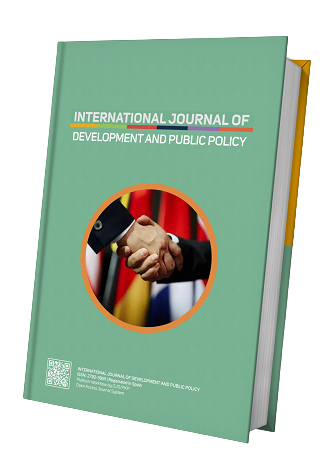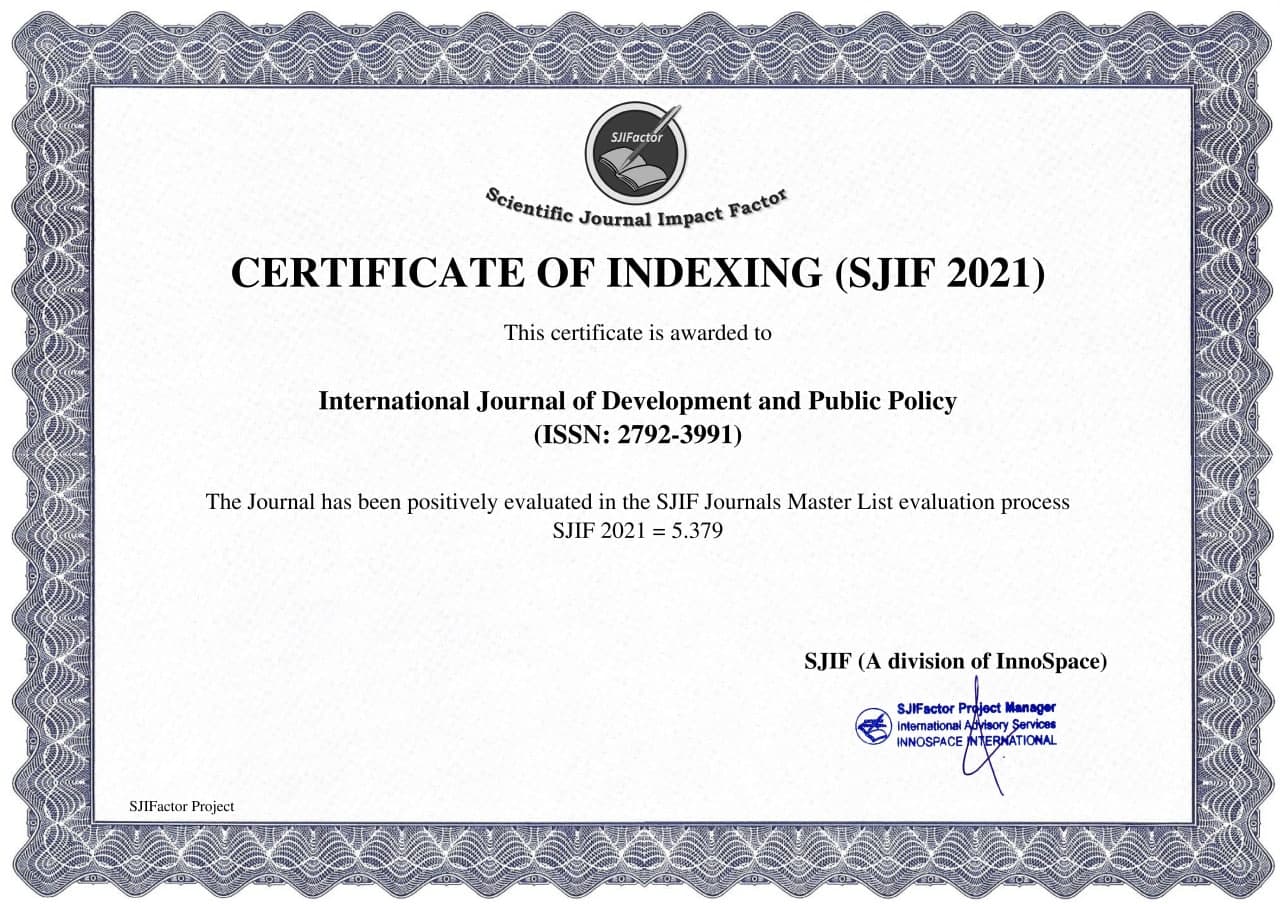Effects of Energy Drinks on the Digestive System of Humans and Animals
Keywords:
human health, energy drinks, caffeine, taurine, guarana, intestines, stomach, salivary glands, Red BullAbstract
The review article highlights the prevalence of energy drinks (ED) consumption, characterizes their main ingredients (caffeine, taurine, guarana, ginseng, etc.). Facts are given that testify to the negative impact on human and animal health (including deaths) of the systematic use of large volumes of energy tonics, both alone and in combination with alcohol. It is shown that the walls of hollow organs and glands of the digestive system are most affected. An analysis of literature data with a high degree of persuasive evidence that excessive use of ED can adversely affect human health and can lead to the development of multiple organ failure, with damage to the digestive organs.
The study of the functional state of the body when toxicants enter and the prevention of their migration from waste to the environment, as well as the complete elimination or limitation of their effect on living organisms, is one of the most important directions in solving modern medical and toxicological problems. The results obtained reveal the mechanism of occurrence of various disorders in the structure of the mucous membrane of the large intestine of rats.
Material and methods: in the experiment, 1-month-old rats were given Red Bull ED at a dose of 2 ml per day for 3 months. The calculation of ED for the experiment was carried out on the basis of the indicators of the "Hygienic standards for maximum permissible concentrations of pollutants in the atmosphere and air of populated areas on the territory of the Republic of Uzbekistan". Animals were slaughtered at 3, 6, 9 months of age. Histological methods were used to study the structure of the rectal mucosa of the experimental groups in comparison with the control group.
Result and discussion: In the experimental group, when exposed to energy drinks in 4-6 month old rats, the thickness of the stratified squalors epithelium decreases in the sphincter zone.






